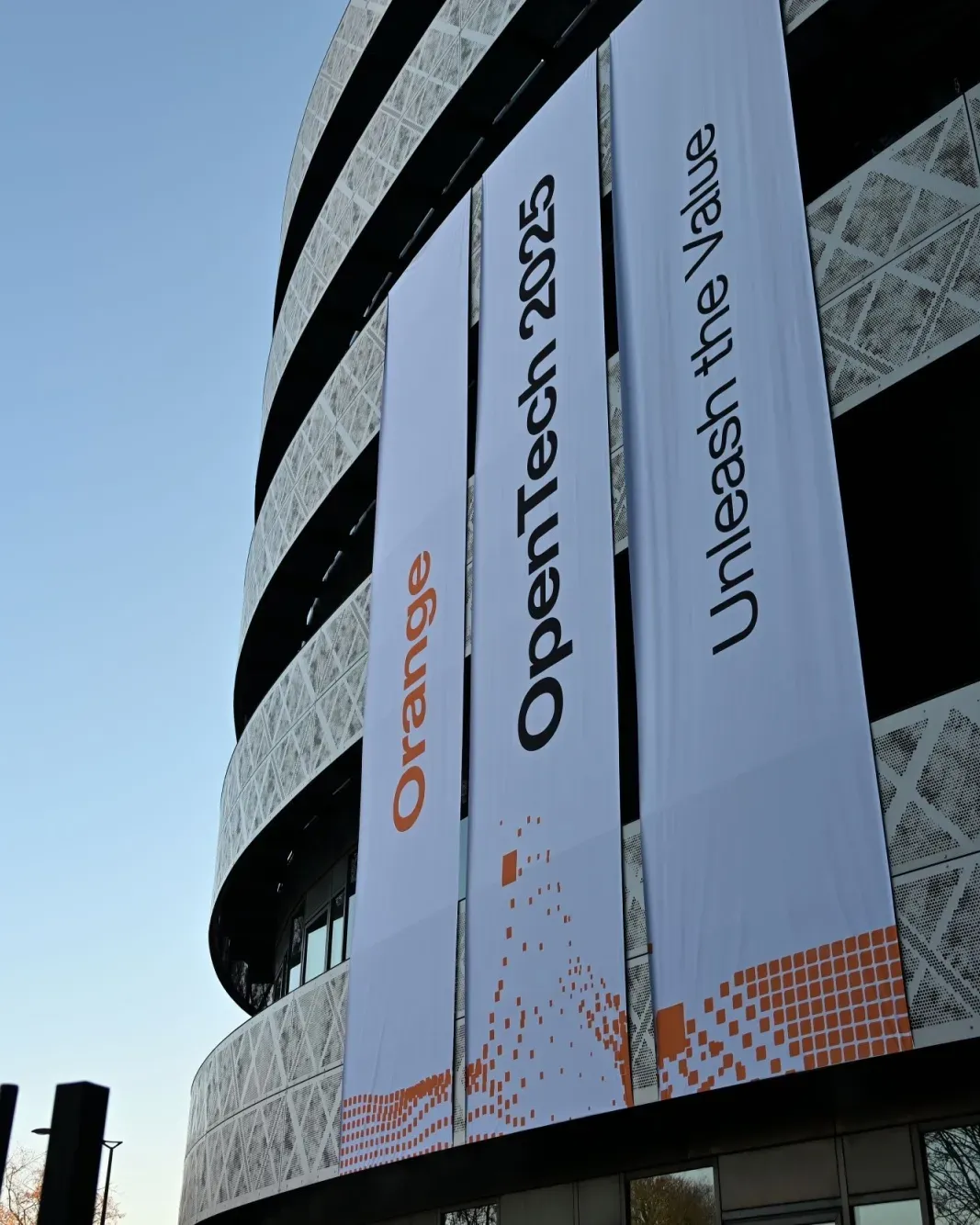At Orange, our research focuses on five key areas that will shape the future of telecom and digital.
Networks & infrastructure
Designing future networks to provide fast, reliable, and environmentally friendly connectivity. Fiber at 50 Gbps, 6G, post-quantum cryptography: behind all these technical terms are innovations preparing the future of your communications.
Optimized operations
Shaping how networks are managed using data and AI. The goal is to automate and optimize operations for technical, economic, and environmental performance.
Enhanced customers and teams
Simplifying the digital experience with AI and immersive technologies. We pay special attention to the needs of Africa and the Middle East, delivering solutions tailored to local usage.
Sustainable business solutions
Developing innovations that help companies navigate their digital and environmental transitions. Our priority is improving energy efficiency across networks and data centers.
Security, trust, and transactions
Building the foundation for a safe digital future. Our goal is to give clients a smooth, secure experience across infrastructure, transactions, and services.
We see quantum technology as a true revolution, already transforming cybersecurity, network optimization, and innovation. Our goal is to unlock new growth opportunities through advanced research and cybersecurity expertise, delivering secure and trusted quantum solutions to our clients.
Our in-house expertise guides deployment, ensures security, and maximizes efficiency, creating real value for our customers. With over 200 patents in the field and collaborations in European projects, we are committed to advancing quantum technology. .
A dual-impact vision for technological transformation
Our vision balances two priorities. We anticipate trends before they become mainstream, creating a strong competitive advantage. At the same time, we focus on applied research, grounded in real-world needs, turning complex concepts into tangible innovations for our clients.
Faster, more efficient networks
Our research on network energy efficiency directly supports the Group’s net-zero carbon target for 2040.
Enhanced security against emerging threats
Post-quantum cryptography developed by our teams prepares infrastructure to withstand future cyber threats, including those from quantum computers.









